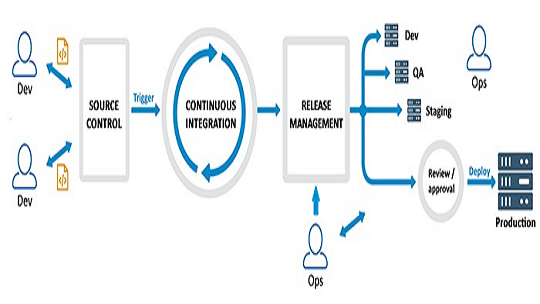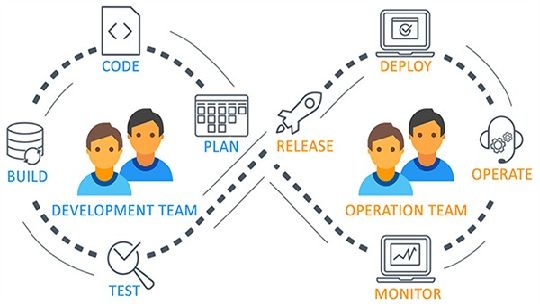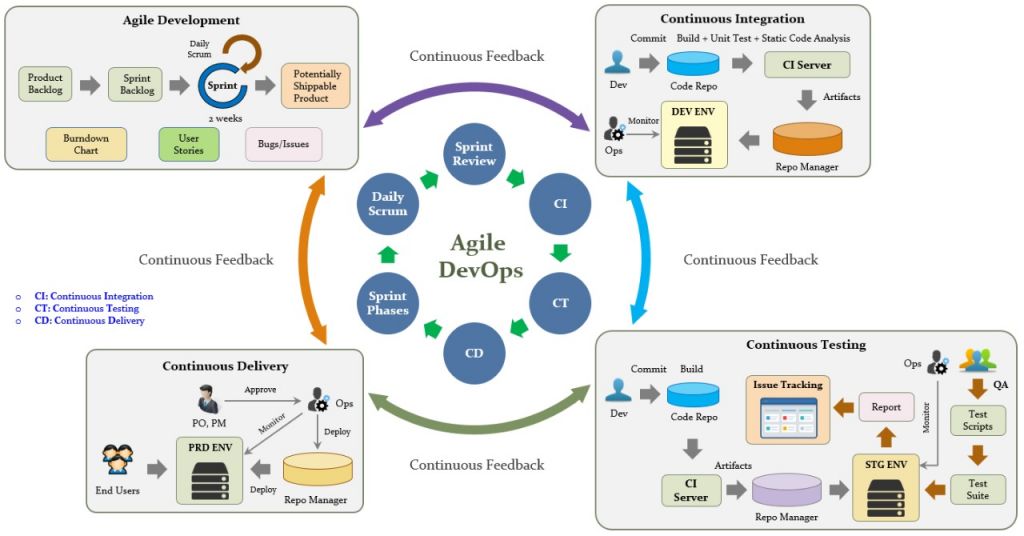
of its surrounding components.

of its surrounding components.

of its surrounding components.
What Is DevOps?
DevOps is a term for a group of concepts that, while not all new, have catalyzed into a movement and are rapidly spreading throughout the technical community. Like any new and popular term, people may have confused and sometimes contradictory impressions of what it is. Here’s my take on how DevOps can be usefully defined; I propose this definition as a standard framework to more clearly discuss the various areas DevOps covers. Like “Quality” or “Agile,” DevOps is a large enough concept that it requires some nuance to fully understand.

The 90 Day Mindset
With mounting pressure to exceed operational and customer service levels in parallel, business leaders are worried about the potential risks of modernization, which often involves heavy technical debt. They are equally as concerned about not being able to run current state-of-affairs (devops, service levels, customer satisfaction) satisfactorily during the effort. Both of these anxieties are related to the belief that modernization means fully tackling a large, looming problem. But the fact is this: digital transformation need not be a big bang roll-out. This is where an Agile mindset—the 90 Day Mindset—is beneficial.
Continuous Integration: 7 Advantages Of CI Best Practices
The pace of today’s digital world demands a new approach to software development and production operations. Consumers expect sophisticated digital products that are easy to use, secure, and available 24×7. Part of those expectations include a system that adapts to their evolving needs. To keep up with customer needs, most systems require teams of developers to be working in concert. To get the most out of these teams, many organizations are turning to continuous integration, a software development practice rooted in DevOps and agile methodologies. Continuous integration is the process of automating the building and testing of source code every time a developer checks in their code. This means that each time a developer makes a change, automated systems help them detect problems early.


QA And Security
Quality assurance ensures a product meets requirements and is free of mistakes. Inadequate QA is dangerous because every software defect presents a security risk. The risk may be a lack of user acceptance, or a potential vulnerability that can be exploited by hackers. Fortunately, the mechanisms used by QA to prevent software defects can simultaneously increase software security assurance.
Continuous Security And DevOps
Continuous Security is about delivering security at the speed of business. Working with our business analysts and architects, our security center of excellence ensures that our solutions have security architected-in from the start. Security activities are on-going throughout the lifecycle, to help organizations react to the ever-changing threat landscape. We have unparalleled experience assessing security risk and designing secure software solutions for Fortune 100 enterprises.

